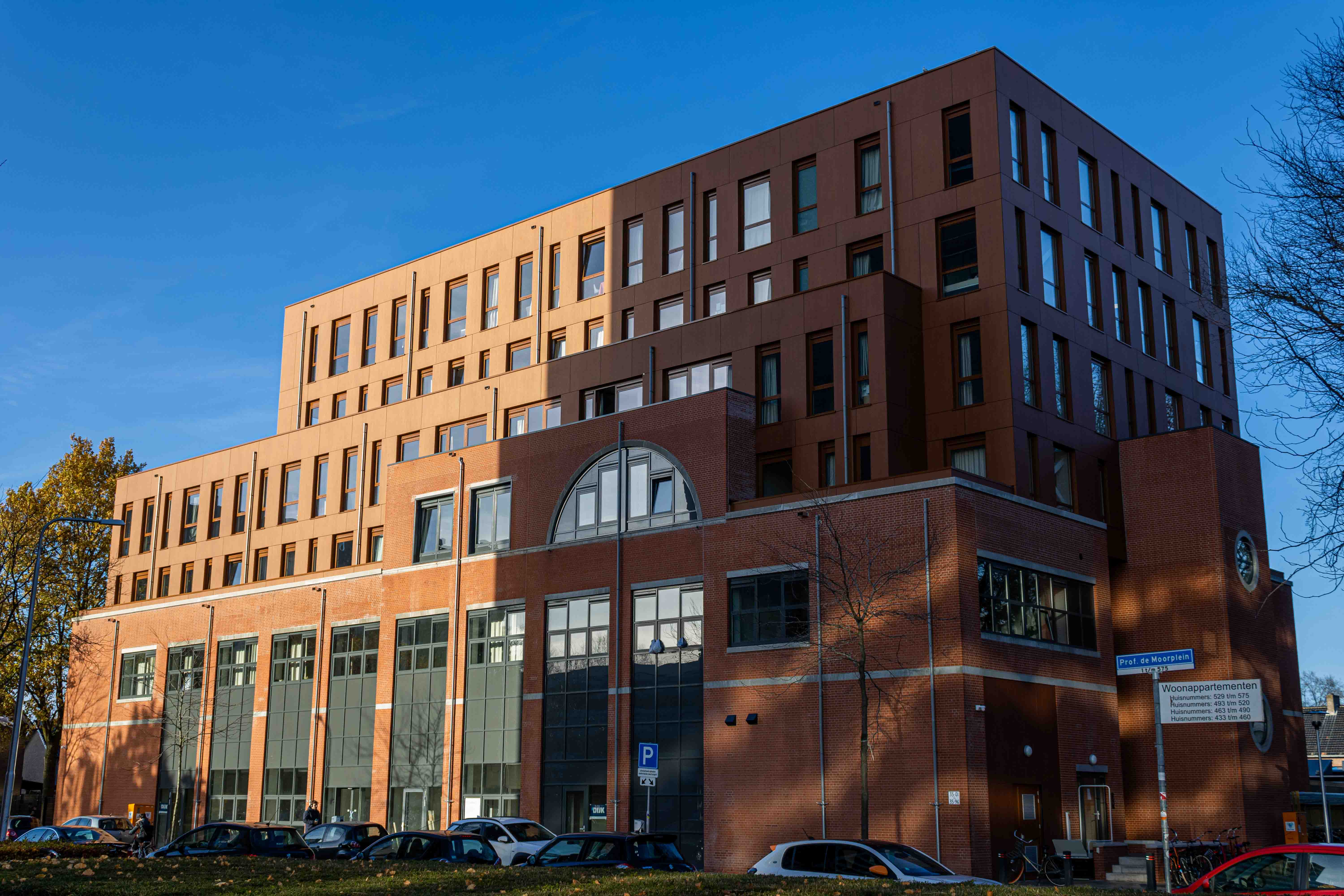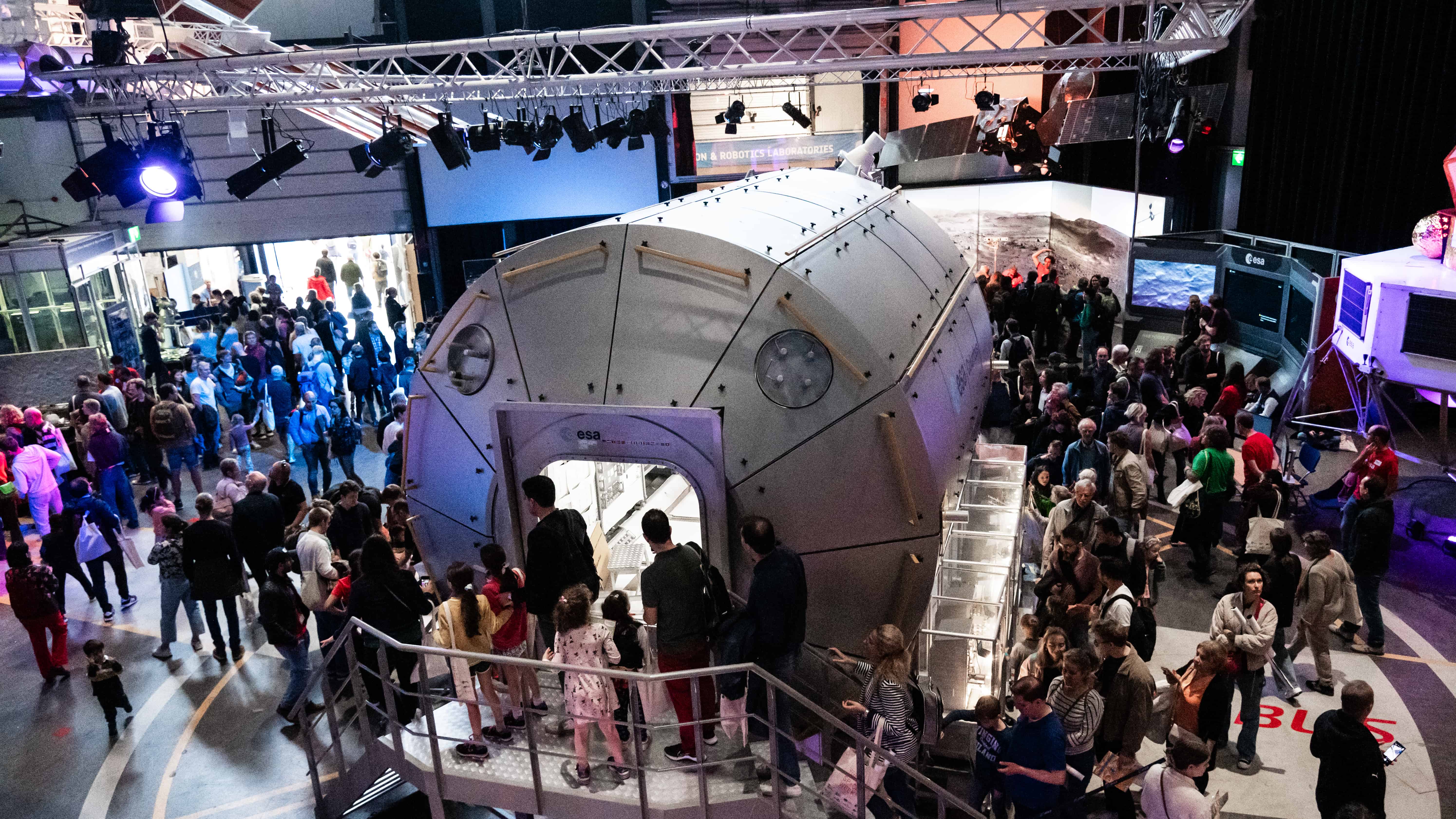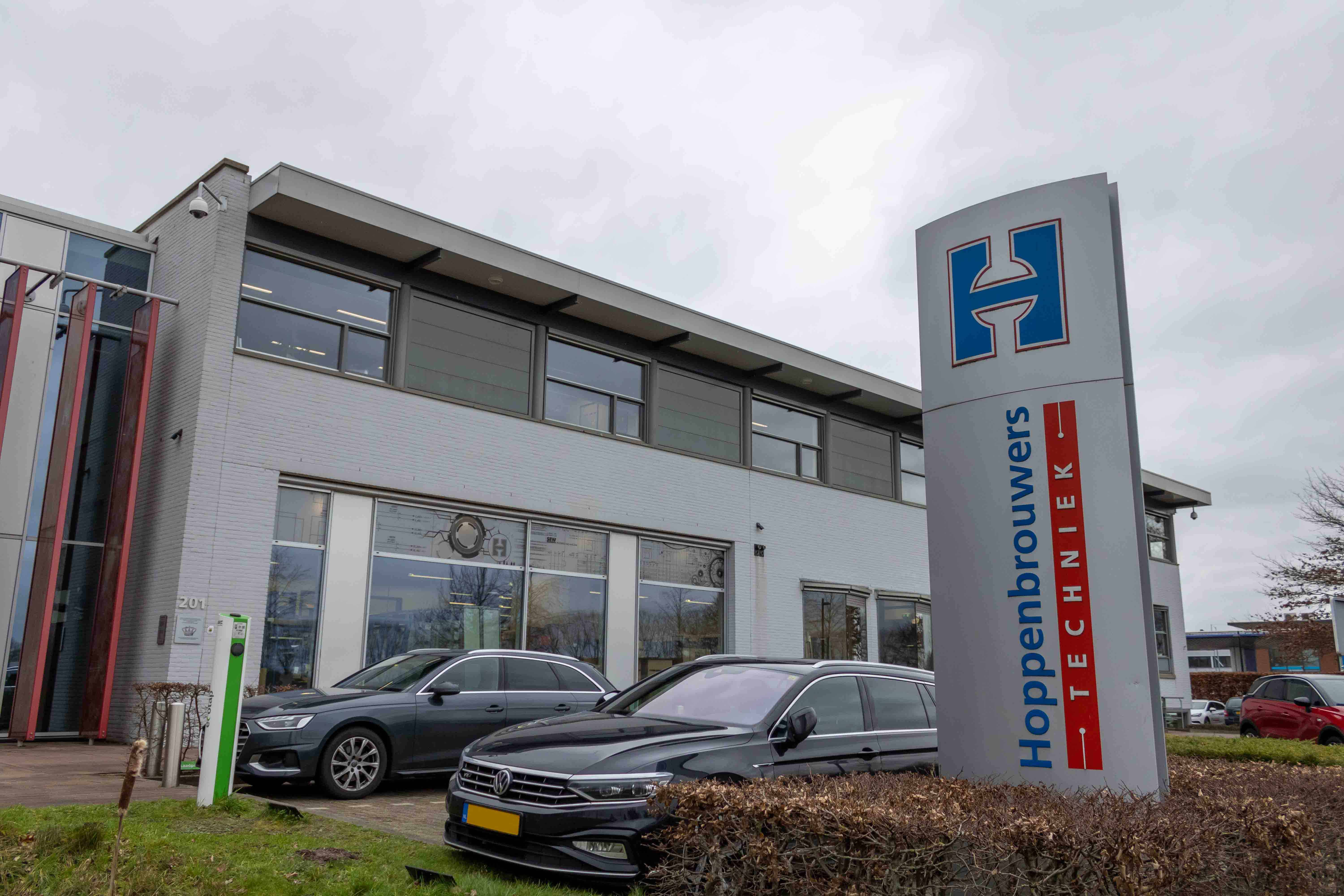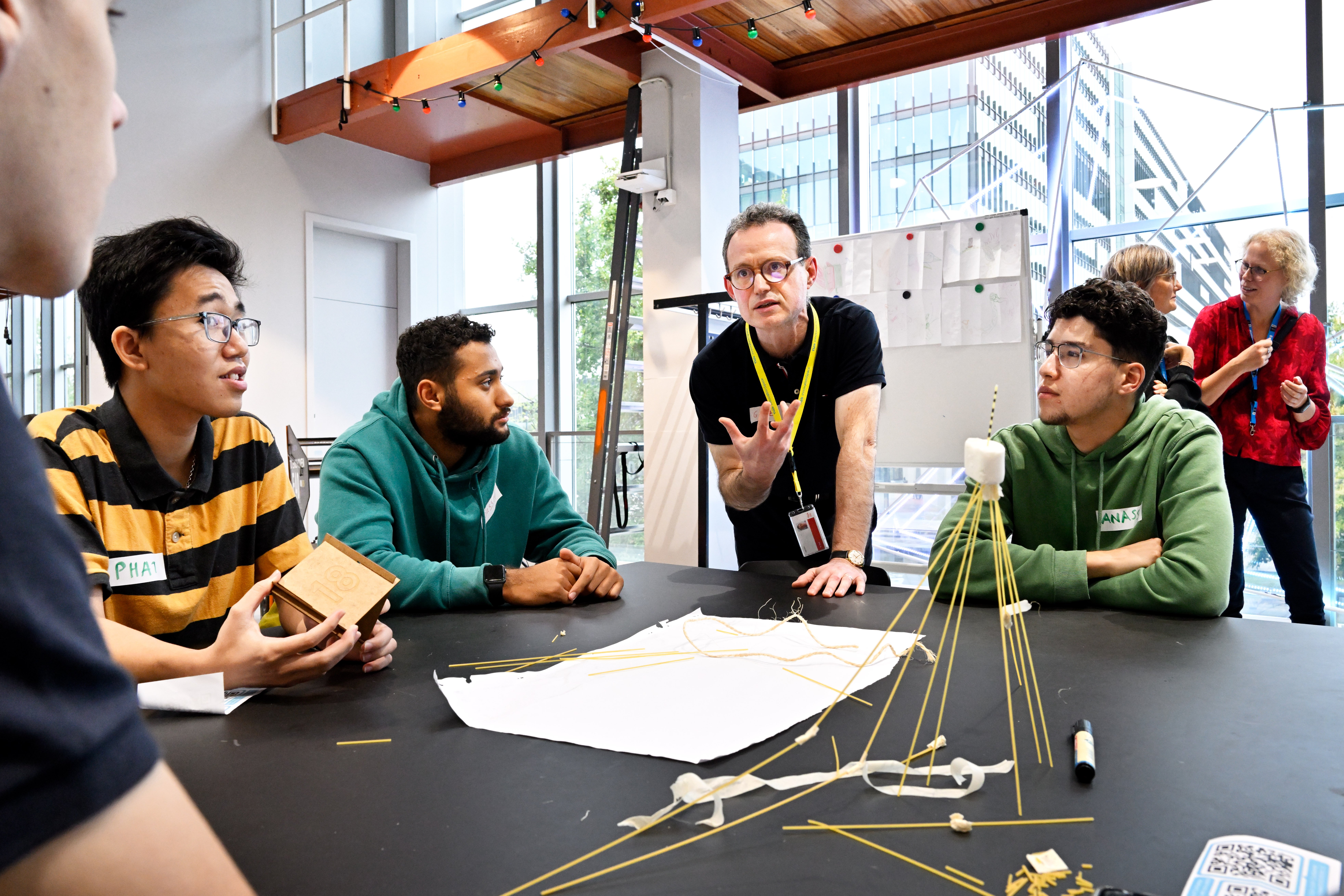
Students should get out of the lecture hall more often. They learn far more by finding solutions to practical challenges when they work in interdisciplinary teams. This is what Professor Isabelle Reymen at the Technical University of Eindhoven (TU/e) is calling for. It is also exactly what she does at TU/e Innovation Space, where she gave her inaugural speech on Friday. With that, she has officially accepted her position as professor there and presented her vision on the future of education.
What once started out as a place to bring student teams and start-ups together grew into a new form of education. A place where students learn through experience. Companies present challenges to students from various study programs so that they can try to solve these together. Such as issues concerning sustainable energy, or the impending food shortage forecast for 2050. Companies, students and teachers work together on innovation in the broadest sense of the word. According to Reymen, this must be rolled out much further within the education system in the near future. In fact, Eindhoven University wants about eighty percent of its education to be structured this way by 2030.
You can read more about TU/e Innovation Space here.
The community is growing
TU/e began its experiment with this form of education and has since become an international role model. After a pilot in the Gaslab, a small building at the back of the campus, TU/e Innovation Space moved to a larger building in the middle of the compound. Since then, everyone has settled down and the first year in the new building (named Matrix) has come to an end. Reymen is now working on professionalizing TU/e Innovation Space even further. It’s all about providing more structure. “We worked very ad hoc during the pilot and supplied students with what they needed on request. Now we are planning to establish and structure processes more comprehensively. Like when it comes to determining and allocating the various challenges from companies,” Reymen told IO earlier.
Eventually, more students will be able to turn to TU/e Innovation Space as a result. In the last academic year, more than 1,600 students followed courses this way. They worked together on 46 projects. Already students from all of the faculties have worked at the TU/e Innovation Space. A large proportion of the students have joined the community outside of their regular courses. Via a start-up or a student team, for instance. Undergraduate students are able to do their final project via TU/e Innovation Space. Master’s students are also given the opportunity to work on a practical challenge as part of their study program. This is how theory and practice converge.
Education is being transformed
In her inaugural speech Reymen mentioned a few examples of how education is being transformed. Like working in interdisciplinary teams more often, learning on the job and the increasing importance of self-reflection for students. They are able to define their own trajectory much more now, often through projects at TU/e Innovation Space, for example. This requires a certain degree of discipline as well as an open attitude. Teachers are expected to have a coaching role in this. According to the professor, students want to have an impact on society. They really want to make a contribution. This is possible, particularly when the university focuses on socially relevant research and is open to challenges from industry.
The future of TU/e Innovation Space
In addition to the further expansion of challenge-based learning, (education which works with practical challenges), Reymen also wants to focus on the challenges of the future. For example, she wants to see more opportunities in the fields of agri-food and AI. Networks need to be expanded in order to achieve this. This will enable the university to forge new partnerships with entrepreneurs. Furthermore, work is underway with regard to challenges on which students at various levels (bachelor, master, HBO, MBO) can work together. The university is collaborating with Fontys and Summa for this reason. The first steps have also been taken towards working with the other (technical) universities in the Netherlands on a food related challenge for the Ministry of Defense. There are still plenty of opportunities for TU/e Innovation Space to grow even further, Reymen states.
Research into forms of education
In addition to the day-to-day management, Reymen is also involved in research into this form of education. A culture that encourages students, companies and knowledge institutions to collaborate on projects needs to be in place in order to make this type of education possible. The High Tech Campus is an example of this kind of innovative ecosystem. There is room here for various parties to work together and activities are being organized to support that. Reymen has the view that universities play an increasingly important role in this. Primarily because they are becoming more and more active in collaborations with companies.
In the near future, the professor will focus on further research into the specific role of TU/e Innovation Space within these regional ecosystems. Additionally, she is also looking at themes inside the university. For example, what the best method is for assessing work carried out by interdisciplinary teams. She is also examining how students can learn to reflect more effectively on themselves and how discipline plays a role for students.
It’s about people
Eindhoven University is located in a region where cooperation is commonplace. It is therefore not surprising that it is a leader in the field of challenge-based education. But in the end, it is people who make up a team. Which is why Reymen says that this is the most important thing for her research and work at TU/e innovation Space: it’s all about people.







